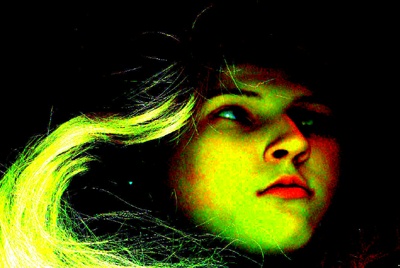All Nonfiction
- Bullying
- Books
- Academic
- Author Interviews
- Celebrity interviews
- College Articles
- College Essays
- Educator of the Year
- Heroes
- Interviews
- Memoir
- Personal Experience
- Sports
- Travel & Culture
All Opinions
- Bullying
- Current Events / Politics
- Discrimination
- Drugs / Alcohol / Smoking
- Entertainment / Celebrities
- Environment
- Love / Relationships
- Movies / Music / TV
- Pop Culture / Trends
- School / College
- Social Issues / Civics
- Spirituality / Religion
- Sports / Hobbies
All Hot Topics
- Bullying
- Community Service
- Environment
- Health
- Letters to the Editor
- Pride & Prejudice
- What Matters
- Back
Summer Guide
- Program Links
- Program Reviews
- Back
College Guide
- College Links
- College Reviews
- College Essays
- College Articles
- Back
The Trials
I am quite shocked at what has happened over the past few months in our small town of Salem. First the witchcraft rituals and then the trials.
It was a few days after my birthday. I was especially excited because my mother had sewn me a new dress. Abigail, my friend, had come running up to me with something to say.
“Come on,” she whispered. “We’re doing you know what.”
I jumped up and ran back to her house with her. The other girls were already there with the slave Tituba who we learned the rites from. We snuck into the cellar to do our rites and we brought a bowl and an egg. One of the girls cracked the egg and we eagerly crowded around the bowl to see what was happening in the future. All of a sudden, we all gasped because the egg white had turned into a coffin! This meant that death was surely soon. Being the oldest, I took charge.
“Don’t panic,” I asserted. “We don’t know what will happen, but keep this to yourself. No one needs to be worried about what happened.”
We all ran home to go to bed and agreed to meet up the next day. The next day, when we met, Abigail said that she had began to have hallucinations. One by one, everyone agreed. We decided to tell our parents about just the hallucinations and nothing else. Our parents made us go to the doctor. When he was done he was very somber.
“I am sorry to say,” he murmured to my parents, “that your daughter and her friends are diagnosed with witchcraft.”
We were stunned. I mean we had only done one or two or three rituals. So like any sane person would do, I blurted out who had taught us.
“It was Tituba,” I burst out. “The slave, you know Abigail’s slave.”
And so the trials began. What followed was a witch hunt in the original sense, as we went on a spree of witch identification, even pointing the finger at a former minister. The frenzy continued as newly identified witches confessed and named more witches. I sat in the first trial. It was confusing. The accused witch walked in with her head held high as she was escorted to the defendant’s box. The judge rapped his gavel to get everyone’s attention.
“Order in the court!” he thundered.
The trial then started. The judge accused the woman of being a witch and she declared that she was innocent.
“I am not guilty,” she protested, “I don’t even know what you are talking about.”
The judge said that there was evidence, spiritual evidence, against her. At that point, he disecretly gave us a signal by itching his nose, just as we had planned, and we all started pretending that there were ghosts around and screamed. We said that the “ghosts” that we saw were coming from the woman. The judge gave us another signal to stop. After that the woman was taken away to a place where they would make a decision. We waited for what seemed like eons for the jury’s jurisdiction. Finally they came back and whispered their decision to the judge.
“This woman is guilty of being a witch and I hereby declare that she will be burned at the stake.”
We all shuffled out to the courtyard where a stake and logs was already set up. I guess they had planned it already. She was burned at the stake. I never sat in another trial, because I had realized what they were making us do by making the trials unfair. By the time the uproar had quieted, about 150 people sat in prison, charged as witches. Finally the Massachusetts leaders had realized the terrible error of the trials. They pardoned the condemned, and the legislature eventually designated a special day for the sin of executing innocent people. That was the end of the witch trials.
The trials were unfair. They were run by people who hated witches and wanted them gone. What they didn’t realize is that witches are just a figment of their imagination and that witches are not real.

Similar Articles
JOIN THE DISCUSSION
This article has 0 comments.
